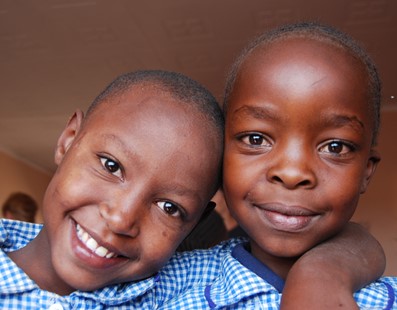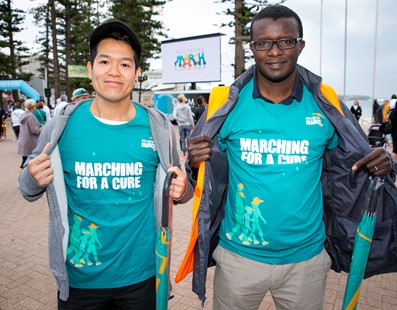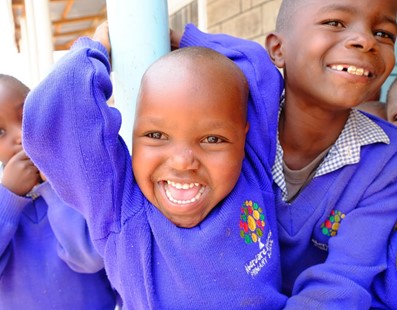
Charity Overview
The Orang Asli are an indigenous minority population of the Malaysian Peninsular. The name is a Malay term, literally meaning ‘original peoples’ or ‘first peoples’. Collectively the Orang Asli population is made up of three core subgroups; known as Negrito, Senoi and Proto-Malay. In 2010 the Orang Asli group’s population totaled 178,197, representing a mere 0.6 per cent of the national population of 28 million. Today, the Orang Asli live in permanent settlements across the East Coast of Malaysia.
The goal of the Malaysian government is to assimilate, or at least integrate, the Orang Asli with the mainstream Malay society. The foundation of the Orang Asli’s culture and spirituality lies in their continued ownership and control of their traditional homelands, the destruction or loss of these ecological niches immediately affects their integrity and survival. Increased contact with the dominant population has cemented the various (and once segregated) Orang Asli groups, especially since much of the former contact has not been amicable or beneficial to their society. The social stress they have experienced as a result of these relations has caused these traditionally dispersed and unrelated groups to develop a common identity – under the now widely-accepted label, ‘Orang Asli’.
The Center for Orang Asli Concerns (COAC) was established in 1989, and the charity is responsible for advocating the civil rights of the Orang Asli and their community - through the greater dissemination of Orang Asli news and views, assisting in court cases involving Orang Asli rights, policy reforms or lobby and advocacy work. To find out more about the Orang Asli’s history visit the COAC website.




Project Summary
A donation from ICAP Charity Day 2015 in Kuala Lumpur, has been put towards assisting the Aboriginal people from the East Coast of Malaysia in various projects. The ICAP funded project saw the construction of four Community Halls and eight permanent water purification and sanitation systems at four villages in East Coast Malaysia, earlier this year. After the Community Halls were built, surplus funds from the donation were used for transportation rental purposes.
The Aboriginal community has successfully completed these projects, “I feel happy because we managed to help four villages and for us this is a very significant contribution," said Anik Along, one of the charity representatives overseeing the project at Kg. Gawin, Kelantan. "We hope to help more villages of Aboriginal settlements everywhere in Malaysia.”
Kamal Aloi, speaking on behalf of the recipients of the water sanitation project said the villagers are very grateful for the contribution from ICAP, as they have received clean water for the first time in their lives. This is truly groundbreaking.
He added that he hoped such provisions should serve as an example to other NGOs (Non-Governmental Organisations) in stretching their capabilities to perform more effectively. Following the donation from ICAP Kuala Lumpur, he also hopes to see increased collaboration and assistance coming from the public sectors.



